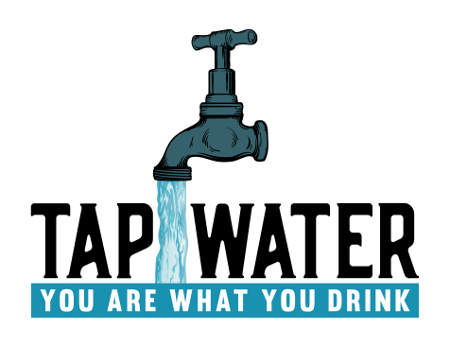
Can I drink the tap water?
How good is the tap water in Dortmund, Germany ?
All in all, 0% of folks here drink from the tap.
How good is the tap water in all of Germany?
All in all, 67% of folks here drink from the tap.
Can you drink the tap water in Dortmund then?
What residents and travelers say
Water quality and taste experiences in Dortmund often vary slightly depending on the specific neighborhood or even the building, but the general consensus is that the tap water is safe to drink. Residents frequently note that while the water has a typical mineral taste, it sometimes carries a subtle chlorine or metallic hint, which is not unusual in urban water supplies with local treatment methods. Travelers and new residents often comment on the water’s taste as being different from what they are used to, but most adjust quickly and do not find it unpleasant. Some older buildings with outdated pipes can affect the taste or clarity, leading some inhabitants to prefer filtered water.
The use of water filters is common but not universal. Many locals use filters to reduce chlorine taste or soften the water, especially in areas where the water is harder. It is also fairly common to use filters for brewing coffee or preparing baby formula, as a precaution. In contrast, some residents drink water directly from the tap without any issues and report no adverse taste or health effects, indicating reliable municipal water quality overall.
- Taste: Generally mineral-rich with occasional chlorine or metallic hints, varying by neighborhood and building plumbing.
- Filter habits: Mixed use; more common in buildings with older pipes or for specific uses like coffee and baby food.
- Tap water drinking: Widely accepted and safe across Dortmund, though personal preferences differ.
- Local caveats: Some variability at building level due to plumbing; renters advised to check their specific situation.
- Refill norms: Public drinking fountains and refill stations are becoming more common in central Dortmund.
For the most accurate and up-to-date information on water quality and any advisories, residents and visitors should consult official resources such as the Stadt Dortmund Official Website, the local municipal utility DEW21, or the Ministry for Environment, Agriculture, Conservation and Consumer Protection of North Rhine-Westphalia (MULNV NRW). Monitoring social channels like the DEW21 Twitter can also provide timely updates or notices about water quality concerns or maintenance works affecting supply.
Further reading on tap water in Dortmund
To verify the tap water quality in Dortmund, start by visiting the official website of Stadt\" target=\"_blank\" rel=\"nofollow\">https://www.dortmund.de">Stadt Dortmund or the local water utility company, DEW21, which provides detailed water quality reports. Additionally, consult the Ministry for Environment, Agriculture, Conservation and Consumer Protection of North Rhine-Westphalia (MULNV\" target=\"_blank\" rel=\"nofollow\">https://www.umwelt.nrw.de">MULNV NRW) for regional water safety standards and advisories. For up-to-date water advisories or disruptions, check official social media channels such as DEW21's Twitter page or trusted municipal dashboards. These sources publish timely information on water quality and any temporary measures affecting supply.
- https://www.dortmund.de" rel="noopener" target="_blank">Stadt Dortmund Official Website
- https://www.dew21.de" rel="noopener" target="_blank">DEW21 - Dortmund's Municipal Utility
- https://www.umwelt.nrw.de" rel="noopener" target="_blank">Ministry for Environment, Agriculture, Conservation and Consumer Protection of North Rhine-Westphalia (MULNV NRW)
- https://twitter.com/dew21" rel="noopener" target="_blank">DEW21 Twitter